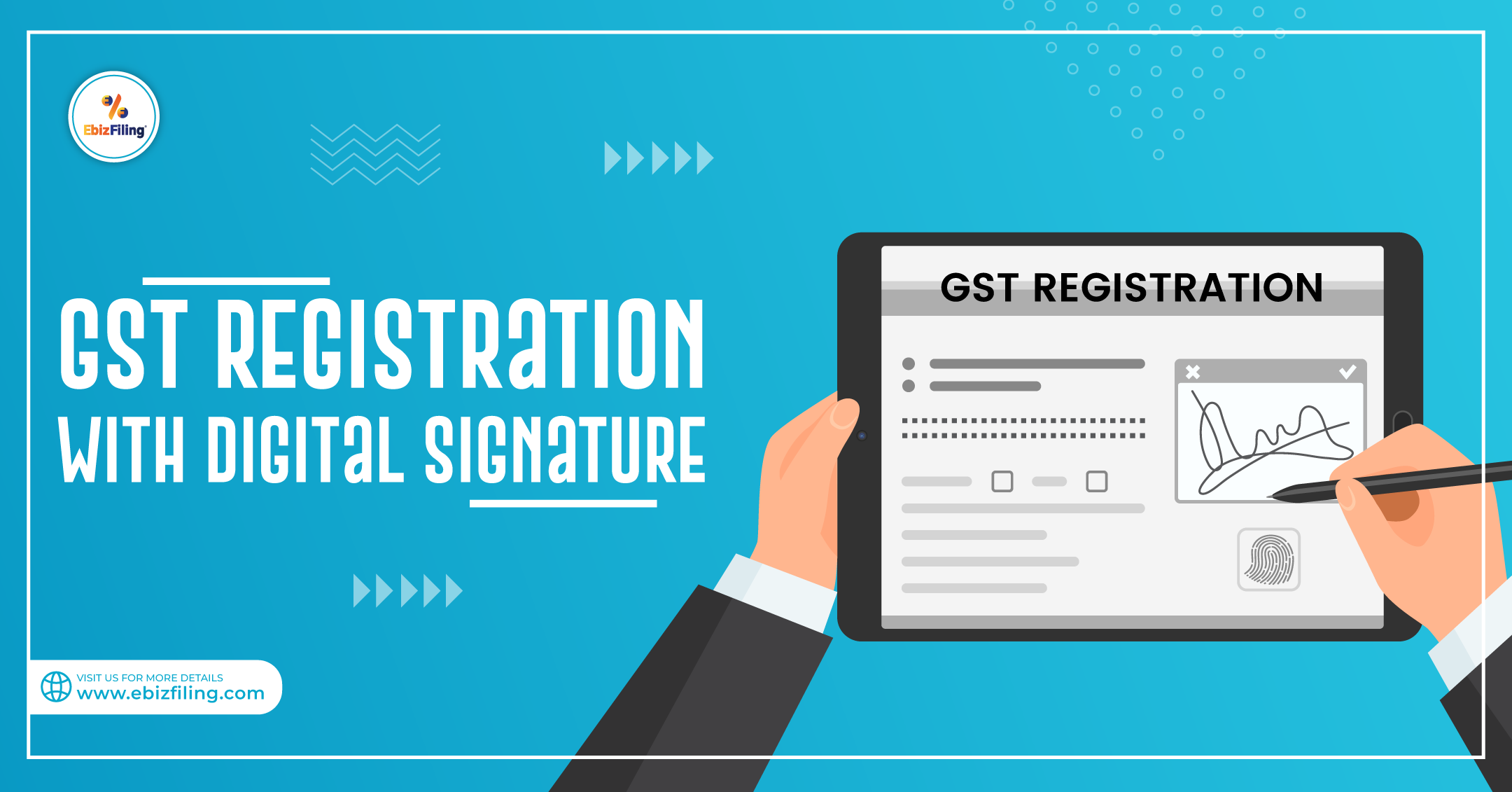Important Overview to Singapore GST Registration for New Organizations
Important Overview to Singapore GST Registration for New Organizations
Blog Article
The Ultimate Overview to Simplifying the GST Enrollment Process and Demands for Local Business Owners

Recognizing GST Fundamentals
To comprehend the principles of the Item and Provider Tax Obligation (GST) system, small company proprietors need to first understand its underlying ramifications and concepts. GST is a value-added tax obligation levied on the majority of goods and services for domestic consumption. It intends to enhance the tax process by changing several indirect tax obligations enforced by the state and central federal governments. Under the GST program, services are required to sign up and collect tax in behalf of the federal government, making sure openness and compliance.
One of the vital concepts of GST is input tax obligation credit rating, which enables services to declare credit score for taxes paid on their purchases. Comprehending these fundamental concepts is essential for small service owners to browse the intricacies of the GST system and guarantee compliance with the law.
Qualification Criteria for Registration
Having actually established a fundamental understanding of GST concepts, local business proprietors need to now satisfy certain eligibility criteria to wage the registration procedure. In India, entities participated in the supply of items or solutions with a yearly aggregate turn over going beyond Rs. 40 lakhs (Rs. 10 lakhs for unique classification states) are called for to register for GST. Furthermore, specific organizations such as those involved in inter-state supply of products, informal taxed persons, and those called for to pay tax under the reverse cost mechanism must sign up for GST regardless of their turn over. Businesses that were registered under the previous tax regime (BARREL, service tax obligation, etc) are also mandated to register under GST. Agricultural businesses that only provide generate out of primary production are excluded from GST enrollment. It is vital for local business owner to carefully examine their qualification based upon these other requirements to make sure conformity with the regulation and stay clear of any charges for non-compliance.
Papers Required for GST Enrollment

Simplified Enrollment Refine Actions
Adhering to the collection and verification of the requisite documents, the enrollment process for GST can be navigated through a series of streamlined steps made to promote reliable conformity for small service proprietors. Upon effective verification, an Application Reference Number (ARN) is provided, indicating the conclusion of the GST registration process. By adhering to these streamlined actions, little company proprietors can properly register for GST and make sure conformity with tax laws.
Tips for Ensuring Compliance
To preserve governing adherence and operational honesty, attentive oversight and aggressive steps are crucial in making certain conformity with GST requirements for little organization owners. Small company owners should remain updated with GST policies, submitting deadlines, and any changes in tax prices to prevent penalties and keep a good standing with tax obligation authorities. Attending GST recognition workshops or training programs can enhance understanding and conformity with GST regulations, ultimately benefiting the service in the long run.
Final Thought
Finally, reference small company proprietors have to comprehend the fundamentals of GST, fulfill the qualification standards, gather essential records, and comply with the simplified enrollment procedure steps to ensure compliance. By streamlining the GST enrollment procedure and requirements, small company owners can avoid charges and operate their organizations efficiently within the lawful structure - Singapore GST Registration. It is critical for small company owners to remain informed and certified with GST policies to preserve an effective company procedure
Small business owners seeking GST registration must ensure they gather and send the needed files to finish the enrollment procedure effectively. The records needed for GST enrollment generally consist of proof of business registration or unification, FRYING PAN (Permanent Account Number) card of the service identity, address and entity evidence of the promoters/partners/directors, pictures, address proof of the area of business, financial institution account statements or terminated cheques, and permission forms. Participating in GST recognition workshops or training programs can improve understanding and conformity with GST guidelines, ultimately profiting the business in the lengthy run.
By streamlining the GST enrollment process and demands, tiny business owners can prevent fines and run their businesses efficiently within the lawful structure. It is essential for little organization proprietors to stay informed and compliant with GST laws to maintain a successful company operation.
Report this page